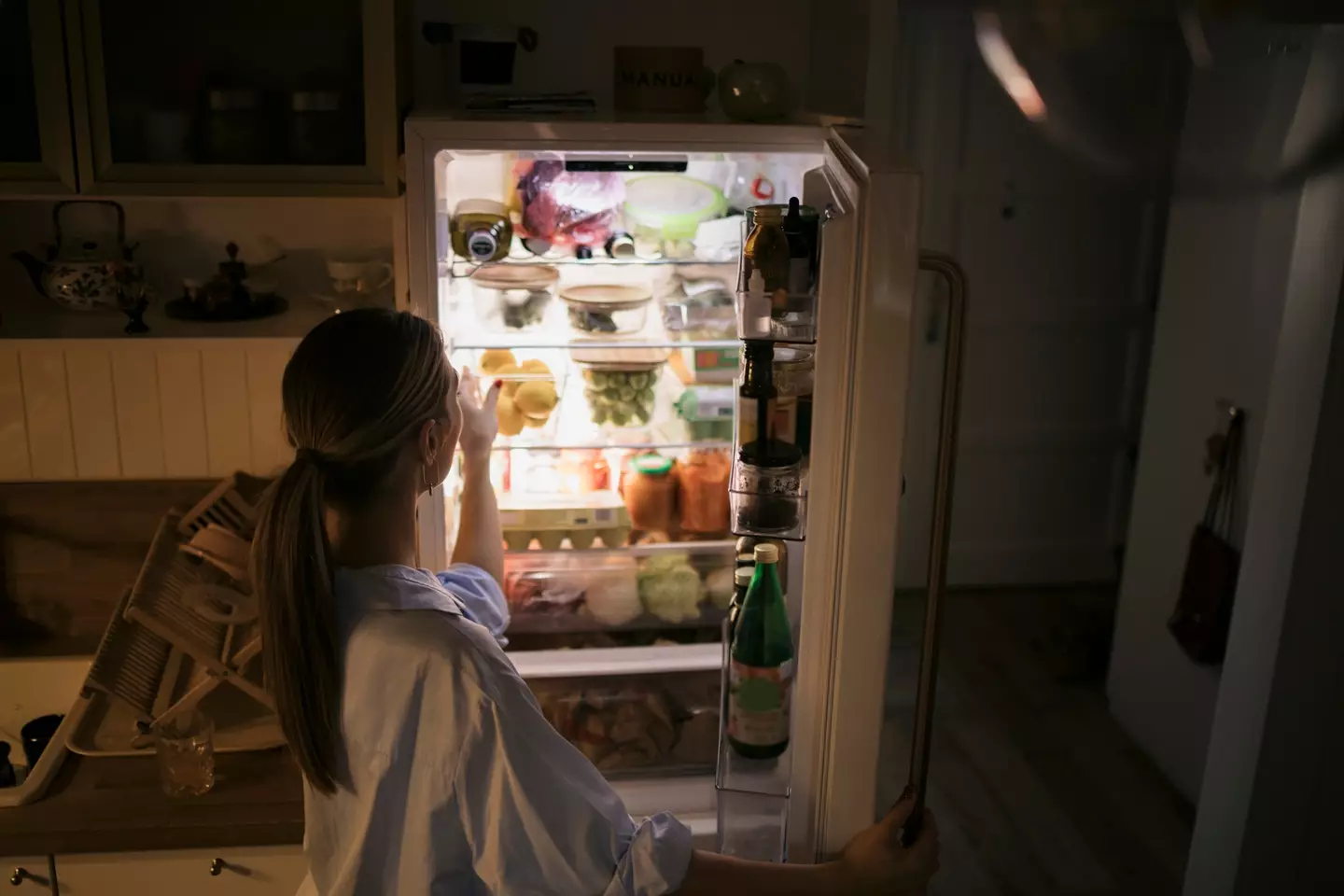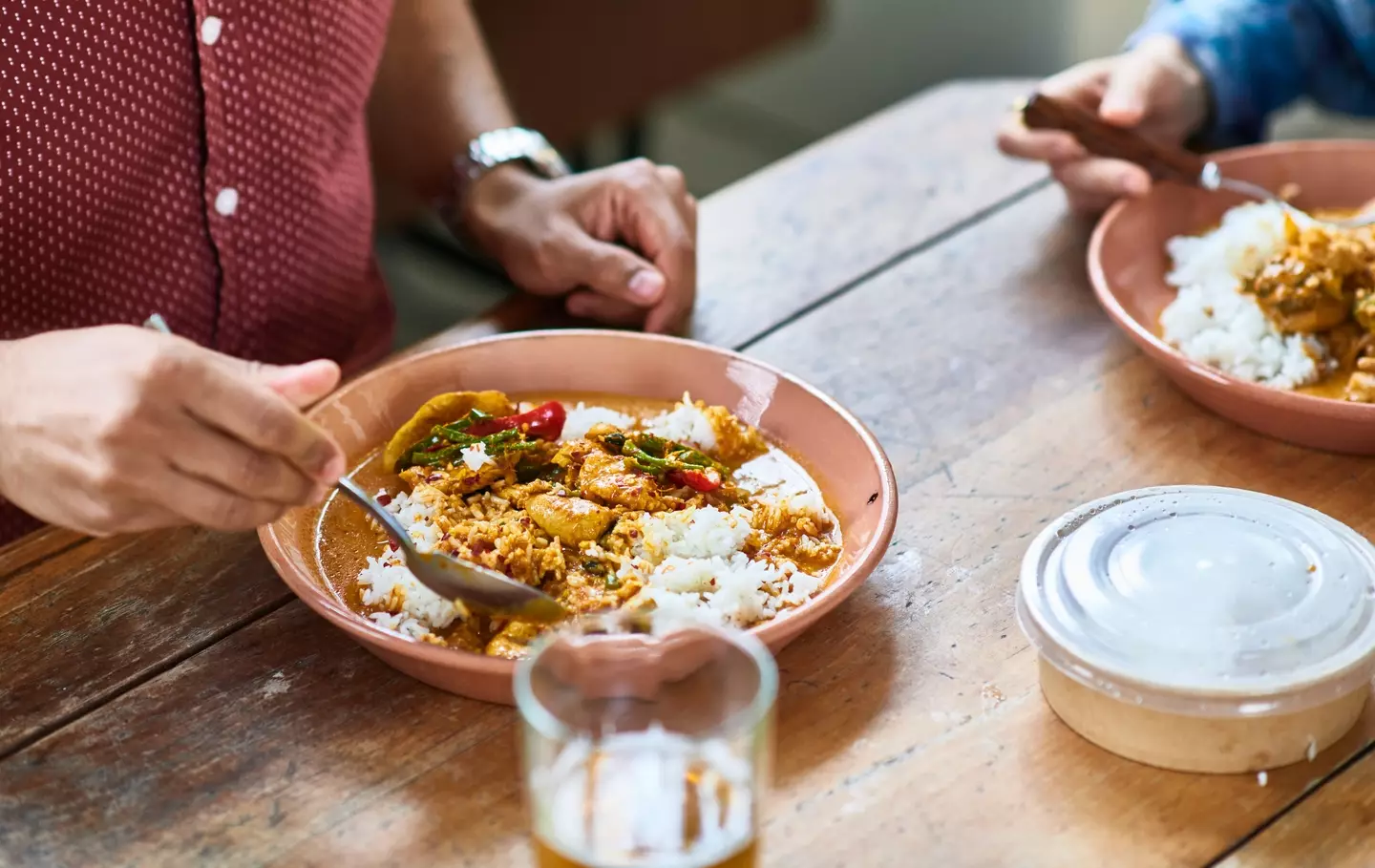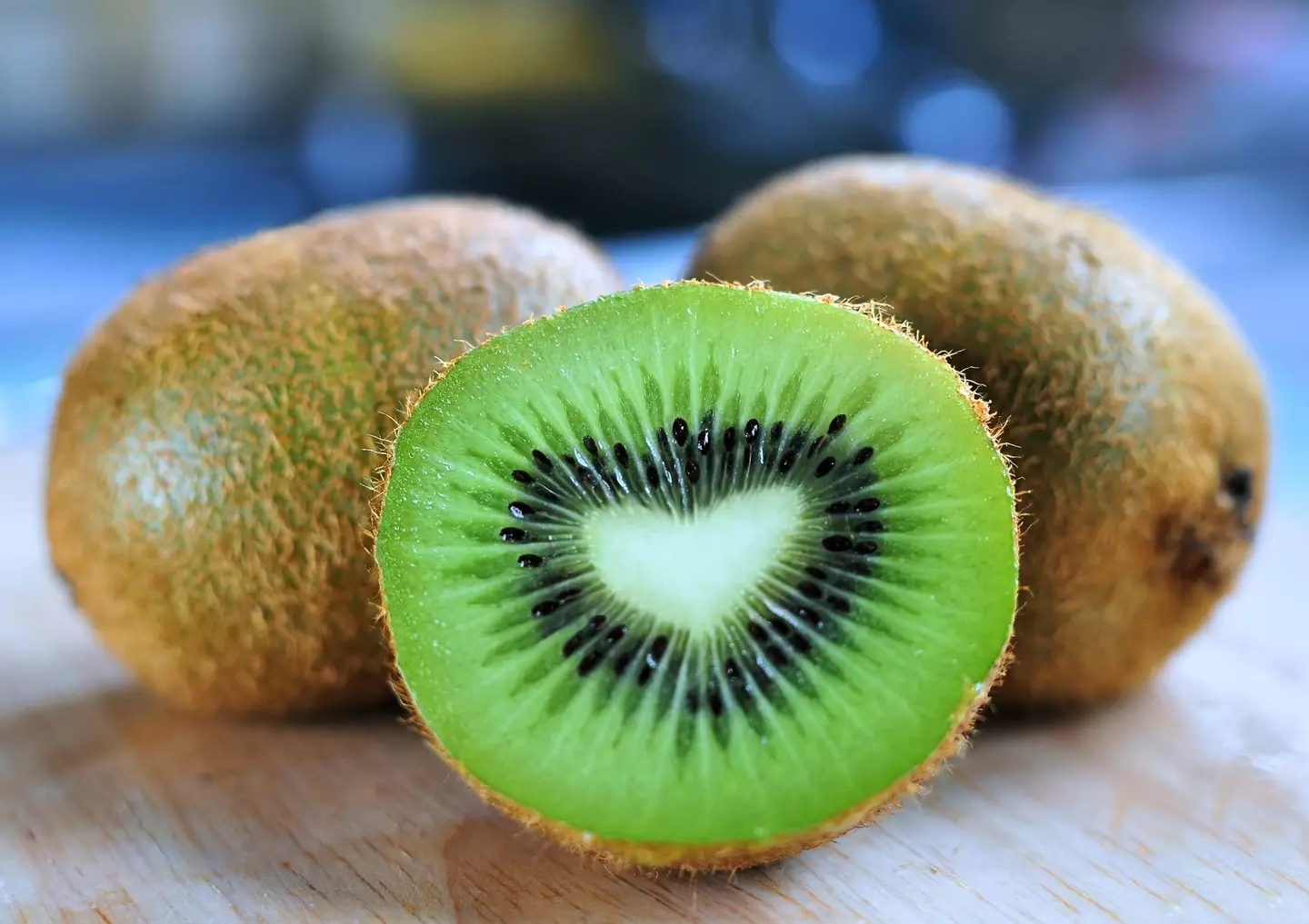While a late-night snack might seem satisfying, certain foods can lead to ‘restless sleep’ and are best avoided before bed.
Rosey Davidson, an author and sleep consultant at Just Chill Baby Sleep, highlighted that although some foods promote better sleep, three particular food categories can have the contrary effect.

In an interview with The Mirror, Davidson explained: “Food plays an important role in how well we sleep, as it can influence our hormones and digestion.”
“Foods rich in tryptophan, magnesium, or melatonin can promote relaxation and better sleep,” she added.
Achieving a ‘well-balanced meal’ of protein, healthy fats, and carbs is crucial, but Davidson warns about certain foods to avoid.
She advised steering clear of spicy food as it may ’cause heartburn and discomfort, which may disrupt sleep’.
A 2011 study on 440 medical students revealed that spicy foods like curry could affect sleep patterns due to conditions like acid reflux and heartburn. Another study from 2010 found frequent heartburn sufferers reported sleep disturbances.
Moreover, a 2022 study indicated that daily consumption of spicy food increased the likelihood of experiencing insomnia by 4.73 times compared to those who didn’t consume such foods.

Greasy foods are another concern, as they can cause indigestion, making it more challenging to fall asleep. This suggests that late-night takeaways might not be beneficial.
A 2023 study investigated the impact of a high-fat diet on sleep compared to a lower-fat diet.
The findings showed that those on a high-fat diet had reduced sleep quality, including fewer sleep characteristics like delta power, which measures brain waves during deep sleep.
Despite the study’s small sample size, primarily comprised of men, Dr. Florencia Halperin deemed it ‘important’ for offering ‘novel insight into how lifestyle factors such as the diet we consume affect our sleep, which in turn affects our overall health’, according to Medical News Today.

While many are aware that coffee before bed is unwise, other caffeinated beverages should also be approached with caution.
Davidson emphasized that excessive sugar or caffeine can overstimulate the body: “Sugary snacks can lead to blood sugar spikes and crashes, potentially causing night [awakenings], while heavy protein meals can slow digestion and result in more restless sleep.”
Despite some foods negatively affecting sleep, there are others that can enhance it, though Davidson noted that research on this topic is still evolving.
According to her, alternatives like kiwi, cherries, bananas, oats, turkey, nuts, and chamomile tea can be beneficial evening snacks.
Kiwi, for instance, is ‘high in serotonin, a precursor to melatonin’ which regulates sleep cycles, and it boasts antioxidants and folate that may aid brain function and sleep regulation.
Cherries and oats are also rich in melatonin, while bananas provide magnesium, potassium, and tryptophan, which help ‘relax muscles and nerves’.

Almonds and walnuts are ‘packed’ with magnesium and melatonin, while turkey is a ‘great source of tryptophan’.
Chamomile tea is recommended for its relaxing properties due to apigenin, an ‘antioxidant that may reduce insomnia and promote relaxation’, Davidson noted.
However, she also emphasized that a holistic and well-balanced diet is the ‘best thing’ to enhance sleep quality, along with ‘effective stress management’.
She advised finishing meals two to three hours before bedtime, avoiding heavy meals, and establishing a ‘calming bedtime routine’, concluding: “By prioritising these things, we can improve our sleep quality and overall health without needing to rely on specific ‘miracle’ foods.”




